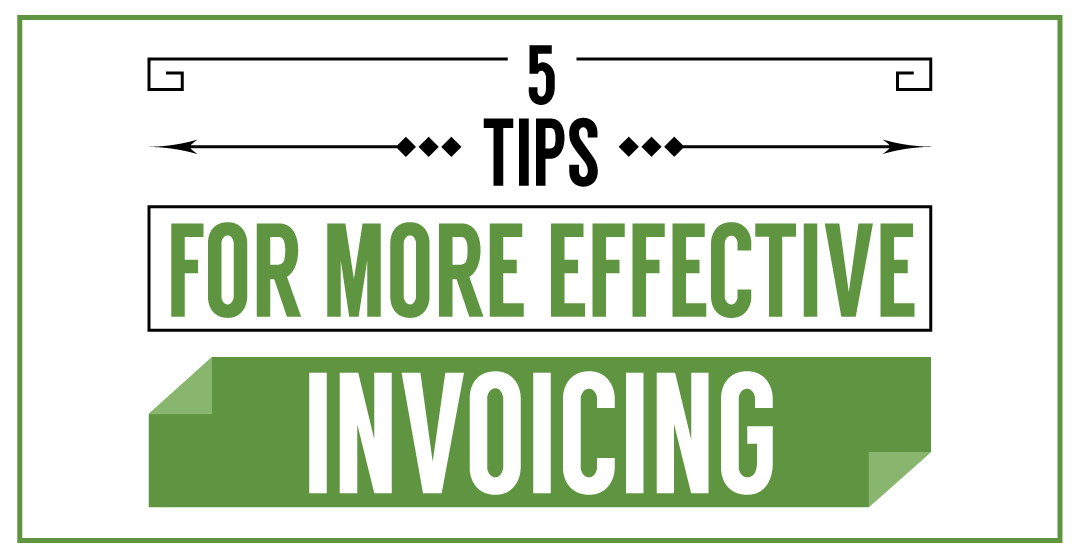We all like getting paid. As entrepreneurs or freelancers (or both), you need that cash flow. Without it, your business doesn’t thrive and your family doesn’t eat.
The cornerstone to getting paid is more effective invoicing. Setting up an online invoicing system that works well for you and ensures that you remain on top of the situation can help you get paid faster and on time.
Here are five tips that can help you with more effective invoicing:
Table of Contents
Toggle1. Automate
There’s no reason to send out manual invoices these days. Cloud billing applications make it fast and easy to automate much of the process. For clients and customers that have regular orders, you can create a template to automatically go out on a recurring basis. Even for clients without recurring orders, you can create templates to speed up the process.
Set up payment reminders for regular intervals if the client has paid the invoice. Programs like Due keep track of when an invoice has been paid, so you can have reminders automatically sent when you aren’t receiving payment as expected.
2. Use Written Quotes for Work
You don’t want clients to feel surprised when they see your invoice. As a result, it’s important for you to use written quotes for your work. If you agree on terms over the phone, make sure to send a follow up email to reinforce the terms and make sure you are all on the same page. This is one of the most important parts of effective invoicing.
When you send your invoice, the client will be expecting what you ask for, and will be less likely to be upset by the turn of events — and more likely to pay.
3. Create a Payment Policy with Short Terms
When possible, set a payment policy with short terms. Most of my clients pay within 30 days. In fact, many of my clients pay with 15 days — or even immediately. When you can set the payment terms, try to keep them short. That way, you receive your money faster.
This is something you need to talk about when you first establish your relationship with the client. You’ll enjoy more effective invoicing when you are up front about expectations, put them in writing, and then stick with it for invoicing.
Sometimes, long payment terms are unavoidable. I have some clients with policies involving net 45. It’s not my favorite, but in some cases it can’t be helped, so I do my best to make sure that other clients have shorter terms.
4. Keep it Professional and Polite
There is no substitute for professionalism in business. Word your invoices politely, using terms like “thank you for your business.” You can also add due dates to your invoices. Say “please pay by X date” or “please pay within 15 days of receipt” to set expectations and be polite. You want to be seen as a professional in your invoices, whether you are describing the services and goods you provide or whether you are thanking your clients for their patronage. Even when you are asking a deadbeat client for money, make sure to keep it polite and professional.
5. Number Your Invoices
Don’t forget to number your invoices. Not only does it add a touch of professionalism, but it can also help you keep better track of clients and payments. More effective invoicing can lead to better record keeping for the future, helping you at tax time and ensuring that you remain on top of the situation no matter what.















